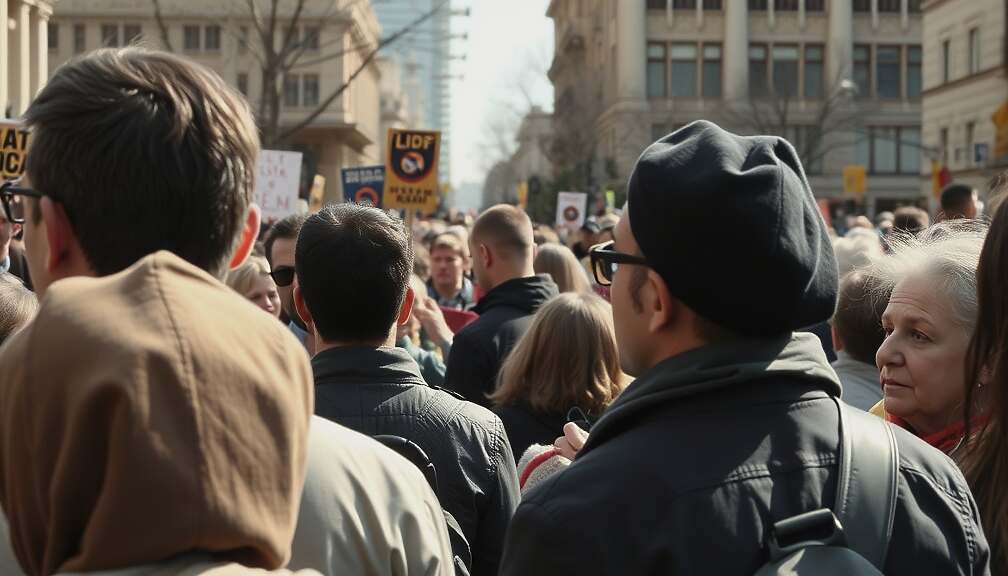The Federal Constitutional Court has rejected a constitutional complaint challenging a criminal conviction stemming from the Assembly Act, a ruling that underscores ongoing tensions surrounding freedom of expression and the limits of protest in Germany. The complainant, involved in a counter-demonstration in Freiburg, had participated in a sit-in that effectively blockaded a previously registered assembly organized by a religious group. His conviction and accompanying fine for “gross disruption” remain valid.
The court’s decision, while upholding the existing legal framework, highlights a delicate balance between competing rights within a democratic society. The justices reasoned that the interest of a counter-protesting group in preventing another assembly through disruptive action cannot supersede the established right of the original group to hold the assembly in the first place.
This ruling, while seemingly straightforward, raises critical questions about the scope of permissible protest and the potential for weaponization of assembly rights. Critics argue that the court’s decision risks suppressing dissent by effectively prioritizing the right to assembly for established groups while limiting the ability of counter-protesters to challenge prevailing narratives or disrupt events they vehemently oppose.
The judgment explicitly states that the fundamental right to publicly express one’s opinion collectively should not be employed to obstruct individuals holding differing beliefs from exercising the same right. However, this affirmation of principle glosses over the practical implications. Some legal scholars suggest that the decision could be interpreted to stifle forms of protest that inherently involve disruption, potentially chilling activism and critical social commentary.
The ruling arrives at a time of heightened political sensitivity surrounding demonstrations and public gatherings in Germany, where debates around immigration, climate change and other contentious issues frequently manifest in public displays of dissent. The Federal Constitutional Court’s stance provides a legal foundation for maintaining order during these demonstrations, but simultaneously invites scrutiny as to whether it adequately protects the fundamental right to challenge the status quo through provocative and disruptive action. The decision is likely to fuel further debate regarding the boundaries of permissible protest and its role in a functioning democracy.












